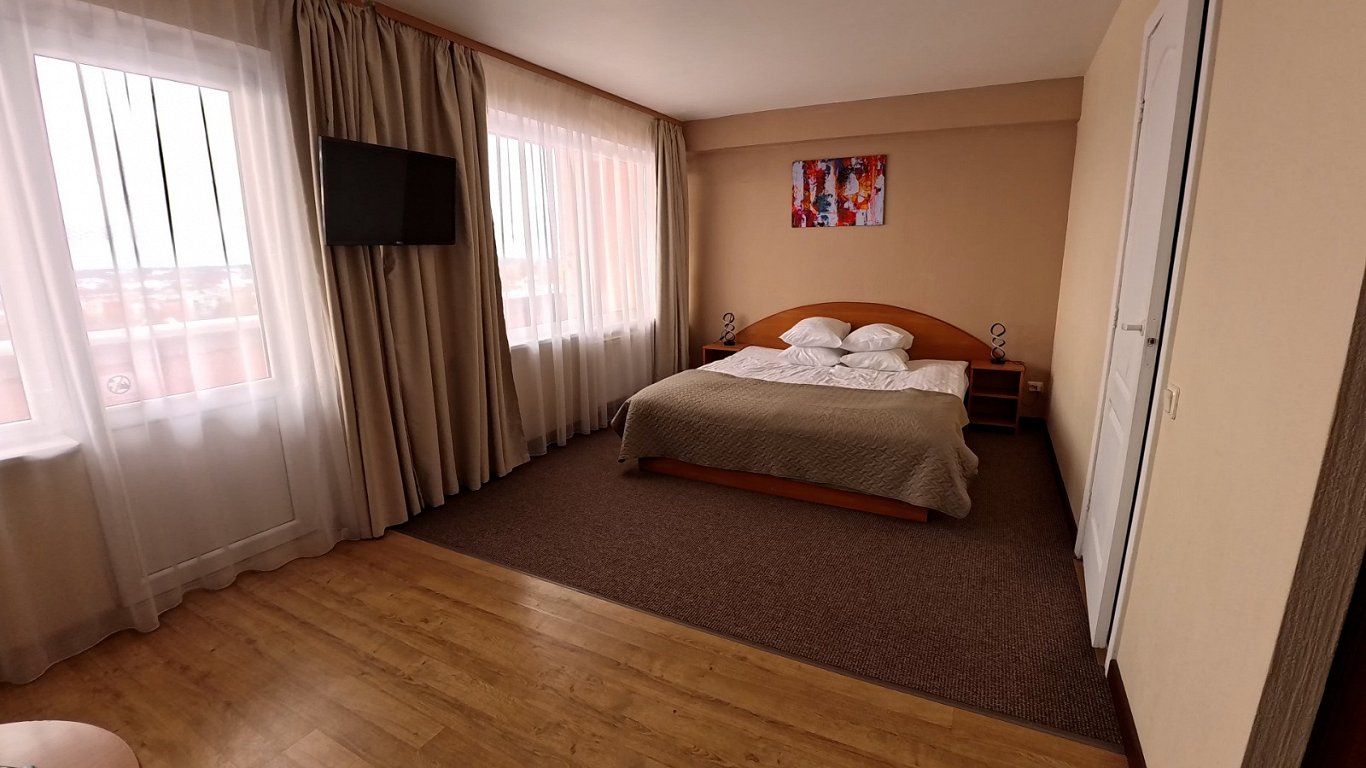When you open the Booking.com website, you can see information about more than 100 hotels in Rīga, which have to compete with 1,183 rental apartments. Andris Kalniņš, president of the Latvian Hotel and Restaurant Association, said that most tourists book their accommodation on online platforms.
“For the most part, especially in hotels, 60 to 80% of all reservations are made through booking platforms. Booking.com is already a very long-standing player in the market, so historically it has developed in such a way that they are the largest and strongest,” Kalniņš said.
Online platforms earn money from advertising commissions, but they are not responsible for whether businesses pay taxes.
“In the entire hospitality industry, both in accommodation and catering, there is a very large shadow economy. I would even say, according to estimates, 30-40%.
“And this is partly the fault of the State Revenue Service, which pays too little attention to this sector, because we, as the Hotel and Restaurant Association, have always emphasised that this sector needs to be put in order,” said Kalniņš.
In order to rent out one’s apartment, everyone must now register with the State Revenue Service (VID). Ināra Kopase from the VID’s Personal Tax Division said that 3,823 economic operators engaged in the rental and management of real estate are currently registered. They can choose one of three forms of economic activity; for example, 1,442 people have chosen “unregistered economic activity”.
“If it is an unregistered activity, then 10% of all income is withheld as personal income tax. In this case, the person does not have to make social security contributions and settles their accounts at the end of the year by submitting an annual income tax return. They pay 10% personal income tax on all income,” explained Kopase.
However, when registering economic activity, social security contributions must be paid, and the amount of tax depends on the income earned.
“So, 25.5% if your annual income does not exceed €1,300. 33% if it exceeds €1,300, and if it exceeds €200,000, there may be an additional 3% surcharge. And the third option from the tax regime is the micro-enterprise tax. It is 25% of turnover. This is a complex tax that includes both personal income tax and social security contributions,” said Kopase.
Andris Kalniņš, President of the Latvian Hotel and Restaurant Association, said that in order to put the accommodation sector in order, changes in legislation are first needed.
“First, changes need to be made to the Tourism Law, which I know the Ministry of Economics is working on, but this has been going on for two or three years now.
“Short-term rental regulations need to be introduced, requiring every apartment that is rented out, or any other short-term rental property, to be registered, and only with this registration number would it be possible to advertise their services on platforms. These apartments, which for the most part do not pay taxes, can offer lower prices, and often do not comply with all the legal requirements regarding fire safety and food safety,” said Kalniņš.
The State Revenue Service explained that in the first five months of this year, it contacted 1,177 individuals offering real estate for rent. As a result, 162 individuals registered their economic activity, while 53 corrected their annual income declarations, resulting in an additional 38,200 euros in personal income tax paid to the state budget.
Select text and press Ctrl+Enter to send a suggested correction to the editor
Select text and press Report a mistake to send a suggested correction to the editor
Tell us about a mistake
